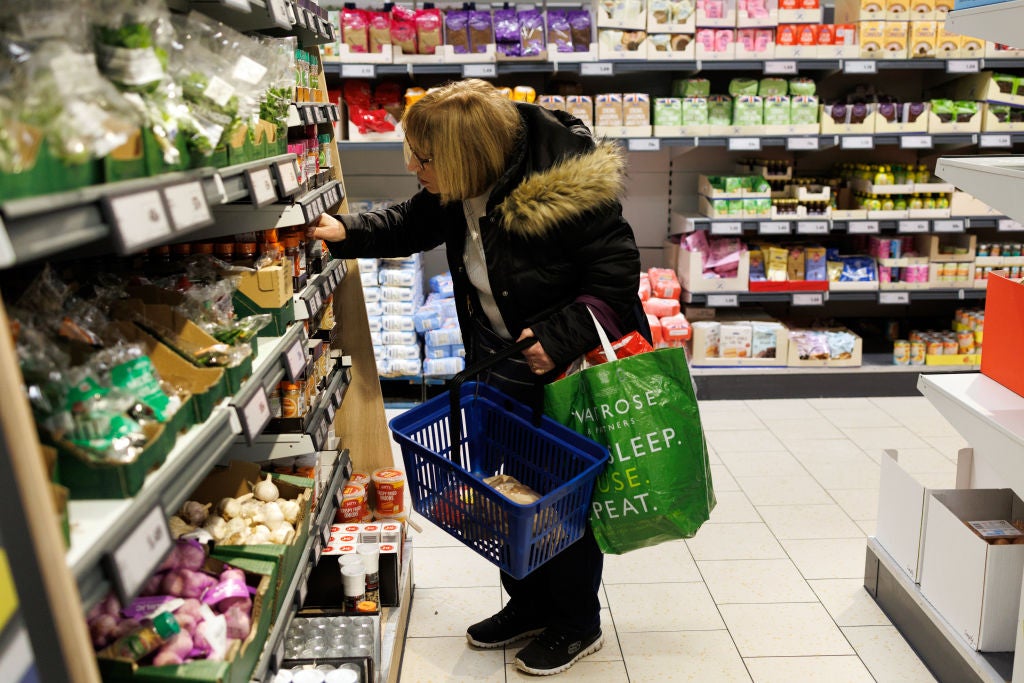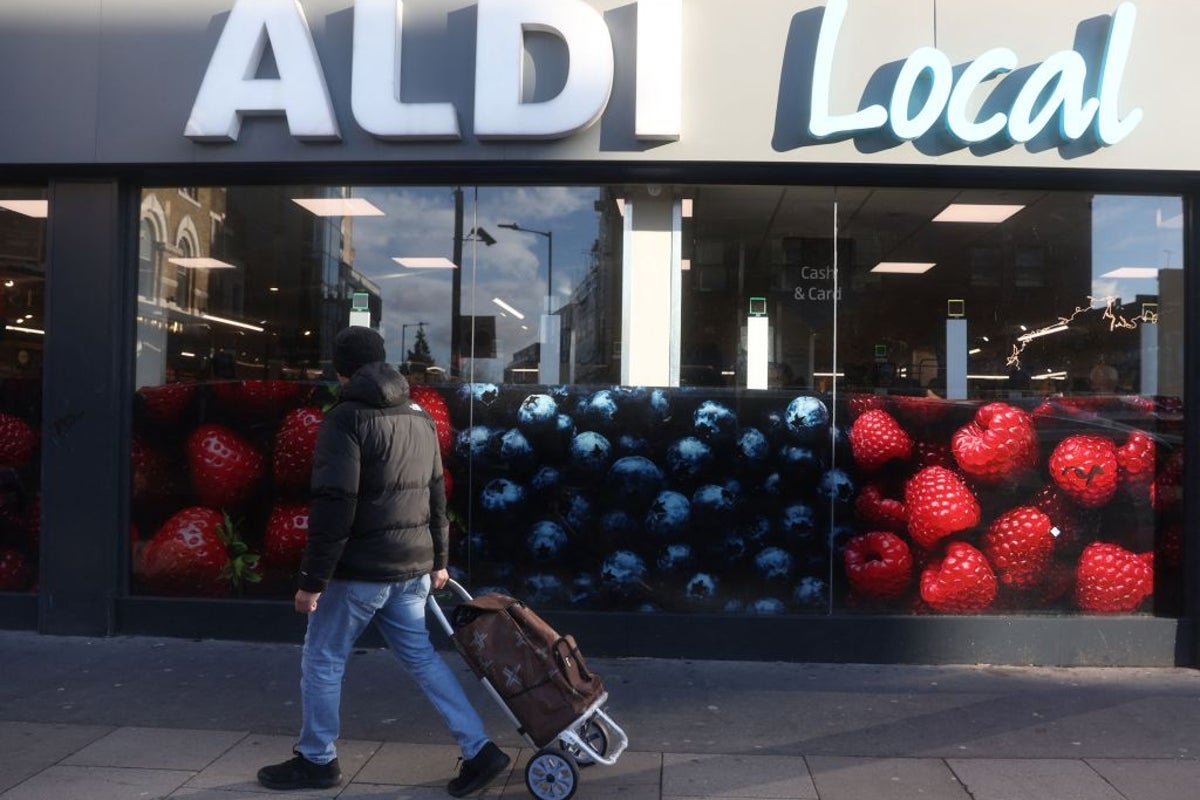The chief executive of Aldi UK has warned any further burdens placed on businesses in the upcoming Budget could add to the price of groceries – which are already running at record levels.
Aldi is now again ranked the cheapest supermarket in the country by Which?, having been usurped briefly by Lidl in August.
But with the Food and Drink Federation (FDF) – whose members make a quarter of all food and drink sold in the UK – upping its estimations of food inflation across the rest of the year to as high as 5.7 per cent, the cost pressures on consumers only continue to grow.
New rules around packaging, as well as labour cost increases which came into effect earlier this year, have been additional pressures on firms in the food industry, while there are fears over what changes to business rates could mean too.
“Any policies which affect the operating costs of business should be considered very, very carefully because of the very real risk they find their way… back into the food system and onto prices,” Aldi UK CEO Giles Hurley said in an interview with BBC News.
“Ultimately, a resilient British food sector is utterly dependent on having a resilient British farm sector.”
The FDF have said current prices were “steeper than anything in recent decades”.
The group – whose members make a quarter of all food and drink sold in the UK – increased its inflation outlook as a result of growing cost pressures.

It is now projecting inflation to reach 5.7 per cent by the end of the year, having previously forecast the rate to be at 4.9 per cent in September and 4.8 per cent in December.
The group’s analysis of longer-term trends found that between January 2020 and July 2025, food and non-alcoholic drink prices increased by 37 per cent – compared with 28 per cent for overall prices.
Get a free fractional share worth up to £100.
Capital at risk.
Terms and conditions apply.
Go to website
ADVERTISEMENT
Get a free fractional share worth up to £100.
Capital at risk.
Terms and conditions apply.
Go to website
ADVERTISEMENT
Some products have seen particularly steep increases with sugar soaring by 56 per cent, whole milk by 46 per cent, and cheese by 31 per cent, according to the analysis.
The FDF said that UK food inflation has been higher than other European countries in recent months, including France, Germany and Spain, indicating that domestic policies have played a key part.
FDF chief executive Karen Betts said the UK was an “outlier” against comparable European economies, adding: “The costs are such that companies can no longer absorb them and are having to pass at least some of them on to consumers.
“As this autumn’s Budget looms, it’s critical that government does not add further to the already high costs of regulation in our sector. We’ve been hit by rising taxes, employment costs and a new packaging tax.
“We’re calling on government to help us turn this tide by partnering with industry to attract investment, accelerate productivity growth, boost skills and grow exports across our sector.
“This will help counter inflation and secure a more resilient future for UK food and drink manufacturing.”
Additional reporting by PA



